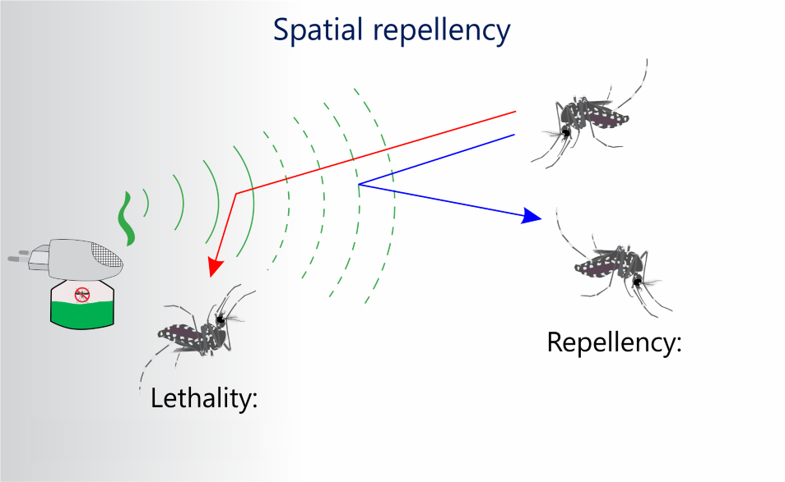
Principal Investigator: Dr. Daniel Msellemu
Project leader/ Coordinator: Dr. Daniel Msellemu
Project Administrator: Felix Brown
Funding Partner: National Institute of Health (NIH) through The Regents of the University of California san Francisco (UCSF)
Start date: Sept. 1, 2023
End date: Aug. 31, 2024

Spatial repellents to reduce the outdoor transmission of malaria
Ifakara Health Institute is conducting a new project titled "Spatial repellents to reduce the outdoor transmission of malaria" which aims to assess the effectiveness of a novel volatile pyrethroid spatial repellent against mosquitoes found in Tanzania.
The year-long project, will primarily operate online, utilizing platforms like Google Scholars and other online sites. It will also involve experimental studies on volatile pyrethroids. The overarching approach involves implementing the project as a systematic review and meta-analysis.
Dr. Daniel Msellemu, a research scientist at Ifakara, serves as the lead and Principal Investigator for the project, which commenced in September 2023 and is set to conclude in August 2024.
Dr. Msellemu highlights that the project's data could potentially inform Tanzania's National Malaria Control Program (NMCP) regarding the feasibility of employing a more effective volatile pyrethroid against mosquitoes. Furthermore, the novel intervention may gain recognition and recommendation from the World Health Organization (WHO), potentially opening avenues for Ifakara and other institutes to test these volatile pyrethroids. The endorsement by WHO would signify a major milestone, as it would position the repellent as a globally accepted and recommended solution for mosquito control.
